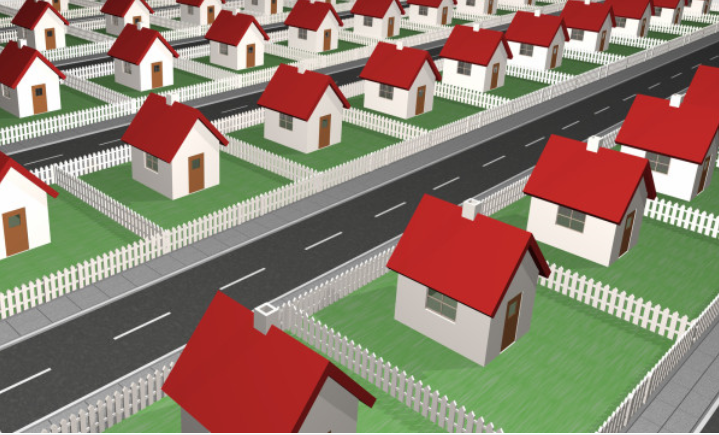Geo-farming has long been a core strategy in the real estate professional’s wheelhouse. Selecting a local neighborhood to farm can be highly rewarding process – winning you additional listings in the long run.
But traditional geo-farming, essentially sending marketing collateral to every home in a given neighborhood, is a time-consuming and expensive process. Not only is geo-farming inefficient and costly, but also it can take years to begin to see a return on your investment. With traditional geo-farming, you are consistently delivering your brand and your expertise to people who may not be interested or ready for it. The hope is that at some point in the future, someone in that farm will require the services you provide, remember you, and get in touch. Understandably, a high percentage of the marketing material you produce will go directly into the trash bin.
There’s a better way to win listings – and it takes significantly less time to see results. Instead of delivering marketing to every home in the neighborhood, you can share your brand and your expertise online. Consider sharing hyper-local knowledge online like “virtual geo-farming.” It’s the same principle behind traditional farming but instead of going to the prospective customer, the customers come to you. The only cost is the knowledge you already have and time to share your insight.
CHOOSE A NEIGHBORHOOD TO VIRTUALLY GEO-FARM
The first step in virtual geo-farming is selecting an area to farm. This process is the exact same as traditional farming in that you’ll want to use the same criteria to identify a neighborhood to farm. Consider a neighborhood that is not too large and is fairly close to you. You’ll want to keep tabs on what’s happening in this neighborhood. Select a neighborhood that shows a strong average sales price and aligns with standard turnover rates of around every 7 years. Select a neighborhood that you know well, or if you don’t know well, you can learn in short order.
LEARN EVERYTHING ABOUT THAT NEIGHBORHOOD
Now that you’ve selected your neighborhood to farm, you’ll want to fully educate yourself on that neighborhood. Consider the information that will be of interest to both prospective buyers and sellers. You’ll want to know all about crime in the area and everything about local schools.
Learn about local zoning laws that would restrict or allow homeowners to build and renovate. Consult public records for building permit applications to find out of new retail outlets are proposed nearby. Check out the county’s records for current and planned public works projects. Learn everything you can about the best restaurants, recreational activities and professional service providers in the area. Think about all of the questions past clients have asked you about living in this territory, and develop informed answers to those questions.
BROADCAST KNOWLEDGE ABOUT THE NEIGHBORHOOD ONLINE
The key to connecting with new prospects is sharing your neighborhood knowledge online. Our company, WikiRealty, provides an online platform for you to easily publish your expertise in the form of short tips. Tips on the WikiRealty community are indexed by Google and become discoverable in Google search results.
More than half of home buyers and sellers will search online for expertise during their home buying or selling process – and you want to show up in Google search results for their queries. While it can be difficult to rank in the top results for generic queries like “River North condos,” you can get to the top of Google for more specific queries, like “Investor friendly buildings in River North.” Every tip you share is like a piece of marketing collateral delivered, but instead of going into the trash, it lives on the internet indefinitely, discoverable to anyone seeking that knowledge. WikiRealty is easy-to-use and 100% free. Sign up, create your profile and start virtually farming your neighborhood today.
About the author: Sanjay Kuttemperoor is the CEO & Founder of WikiRealty.
Read the full post in Realty Biz News


Leave a Reply